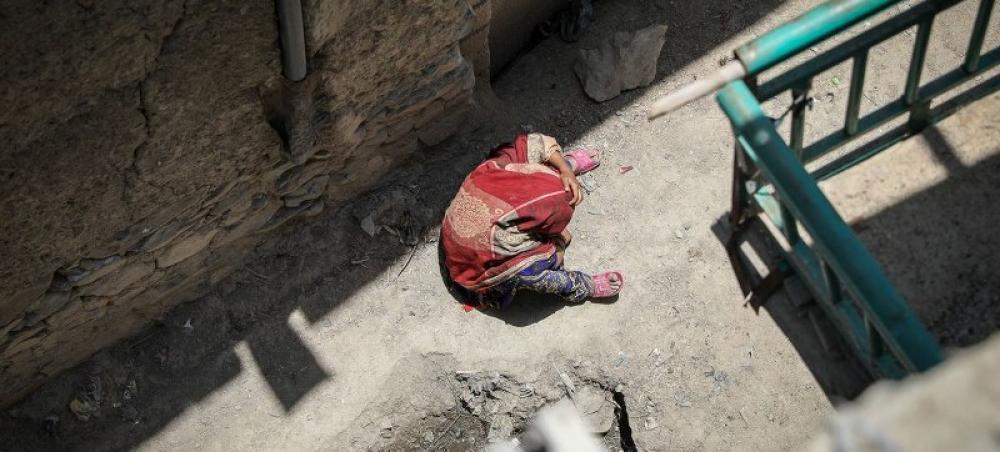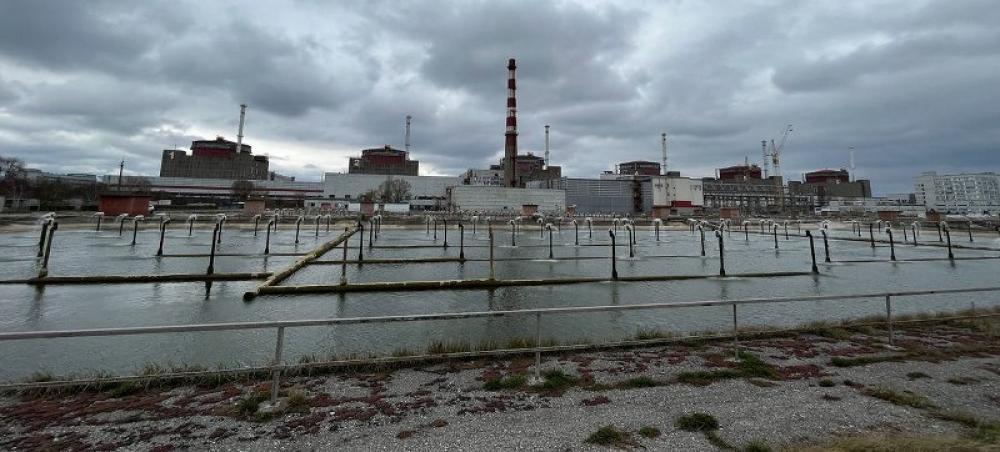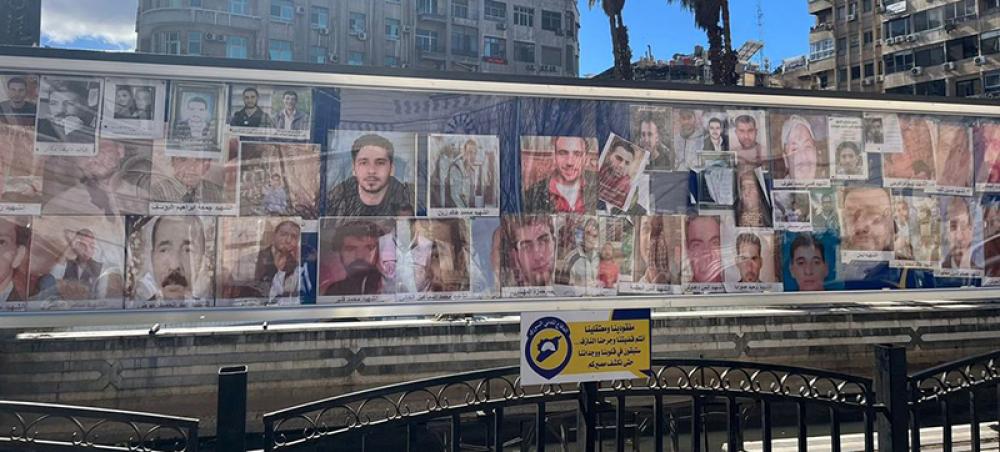14 Dec 2013, 06:39 pm Print

In his last press conference of the year, Under-Secretary-General for Peacekeeping Operations, Hervé Ladsous told journalists in New York that he “places high value on the need to continue improving the quality of UN peacekeeping” via more training and monitoring of quality of work.
Amid the global financial crisis, the cost per head of peacekeeping personnel, including soldiers and policemen, has decreased 16 per cent in the last few years, as a result of more effective management.
Among creative developments this year, Mr. Ladsous pointed to the use of two unarmed, unmanned aerial vehicles (UAVs) to better protect civilians in eastern DRC.
Present in Goma last week for the launch, he told the press that five UAVs are expected to be operational in the area by April, providing live, accurate and precise pictures from the field.
In addition to better informing the military and peacekeepers, the images are expected to contribute to improved safety for troops, and also provide more information on real-time of movements of people and civilians.
“If one of these armed groups is about to commit an attack, immediately… it translates into thousands, maybe tens of thousands of civilians going elsewhere, trying to escape,” Mr. Ladsous said. “As part of our mandate in the DRC includes protection of civilians, I think all together it will allow us to do a better job.”
Among other major developments in the country, Mr. Ladsous noted the military gains of the Congolese army - supported by the UN peacekeeping mission in DRC (MONUSCO) including the intervention brigade - and the parallel political agreement signed last night between the Congolese Government and M23 rebels.
The 2,300 former fighters from the M23 – composed of soldiers who mutinied from the DRC national army last April – now need to go through the disarmament, demobilisation and reintegration (DDR) process.
Meanwhile, the Government must now do more to “show itself, to be present, active” with the police, administration and army in the so-called “islands of stability” which have been reclaimed from the rebels, and which will expanded gradually to pacify the eastern provinces, Mr. Ladsous said.
He added that the M23 was a very important rebel group, “but now we are going after other spoilers”, in particular the FDLR (Democratic Forces for the Liberation of Rwanda), the Allied Democratic Forces (ADF), and the National Army for the Liberation of Uganda (NALU).
In Mali, which is due to hold a second round of parliamentary elections on Sunday, Mr. Ladsous stressed the strong partnership with the new Government led by Ibrahim Boubacar Keita, elected in “free and transparent” elections in July and August.
On Darfur, Mr. Ladsous detailed a “difficult year” with increased attacks by armed groups. The UN there continues to work in support of the Doha Process, named for the Doha Document for Peace in Darfur (DDPD), finalized in May 2011 in Qatar, which is now the framework for the comprehensive peace negotiations.
There is “no other game in town except the Doha Process, so we have to continue,” Mr. Ladsous said.
He also noted the continued focus on protection of civilians in Jonglei, South Sudan, where UN peacekeepers (UNMISS) are actively working despite the lack of infrastructure and insufficient mobility.
Turning to the Central African Republic (CAR), Mr. Ladsous noted the creation of the International Support Mission, an African Union (AU) peacekeeping force known by its French acronym MISCA.
He said that his department was “working actively on supporting MISCA” and is considering, among other solutions, the possibility of transforming the mission into a future UN peacekeeping mission should the Security Council make such a decision.
As for Syria, Mr. Ladsous noted that 1,250 people were deployed in the Golan Heights “under very difficult circumstances.”
“Hardly a day goes by without an attack or something on our people. This is unacceptable,” he stressed.
Ninety UN colleagues were killed this year, Mr. Ladsous said, noting that 29 of them were deliberately attacked.
“We are terribly sorry for their loved ones,” he said. “Safety and security of our personnel is more important than ever.”
In his briefing, Mr. Ladsous also touched on “right-sizing”, which includes the gradual reduction of some peacekeeping operations, including in in Cote d’Ivoire, Darfur to some extent, Haiti, and Liberia.
Under-Secretary-General for Peacekeeping Operations : Hervé Ladsous briefs the press. UN Photo/Amanda Voisard
- UN warns of record civilian casualties in Ukraine amid ongoing conflict with Russia
- US imposes 35 percent tariff on goods imported from Bangldesh, interim govt calls the measure 'unjustified'
- ‘Cooperation is humanity’s greatest innovation,’ UN chief declares at BRICS summit
- Benjamin Netanyahu nominates Donald Trump for Nobel Peace Prize
- Marco Rubio, ex-US President Barack Obama wish Dalai Lama on his 90th birthday






